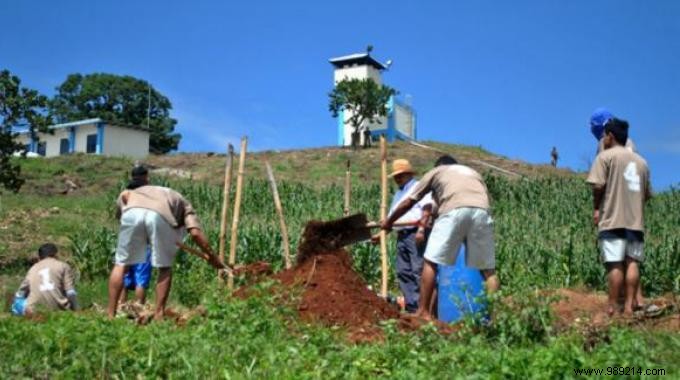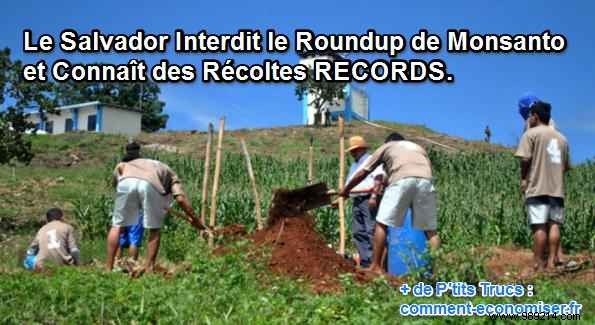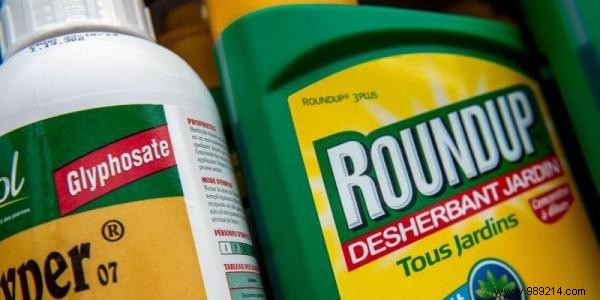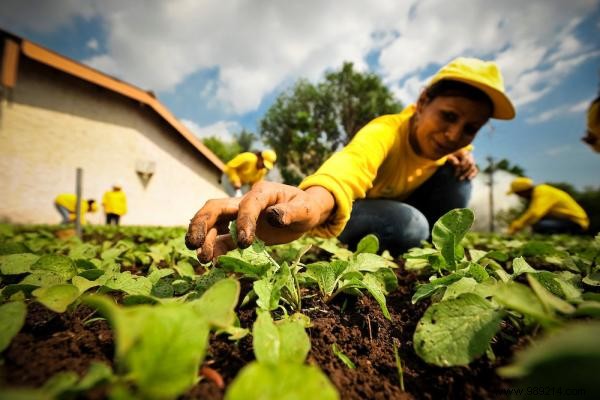
El Salvador, a modest Central American nation, has garnered global attention for its bold agricultural reforms. In a move toward self-sufficiency, the country banned phytosanitary products from multinational giants like Monsanto, prioritizing local seeds and sustainable practices.
Since implementing these changes, El Salvador's agriculture has thrived, with boosted productivity and resilience. Here's how it unfolded.

In September 2013, as a leading producer of coffee, corn, and sugarcane, El Salvador banned 53 crop protection products, including Monsanto's flagship herbicide Roundup, which contains glyphosate. The World Health Organization (WHO) has classified glyphosate as a "probable carcinogen."

The Family Farming Plan (FAP), launched by President Mauricio Funes in 2011, supports 400,000 farming families by preserving heirloom seeds and revitalizing production. This initiative ended reliance on hybrid seeds, biotech, and GMOs from companies like Monsanto and Pioneer, safeguarding local heritage.
Prior to FAP, the sector faced crisis-level imports: 75% of corn and 85% of beans, per The Seattle Globalist.

Previously, imported GMO seeds ill-suited to local conditions necessitated heavy chemical use. El Salvador shifted to sovereignty by reviving native varieties.
The government allocated $18 million to develop H59 maize at the National Center for Agricultural and Forestry Technology (CENTA). This drought-resistant hybrid adapts seamlessly to Salvadoran soils, benefiting 400,000 producers.
Results are promising: post-ban, harvests have hit record highs, as reported by Natural Society. Yet, questions linger about the long-term viability of hybrid seeds like H59 in sustaining the FAP.